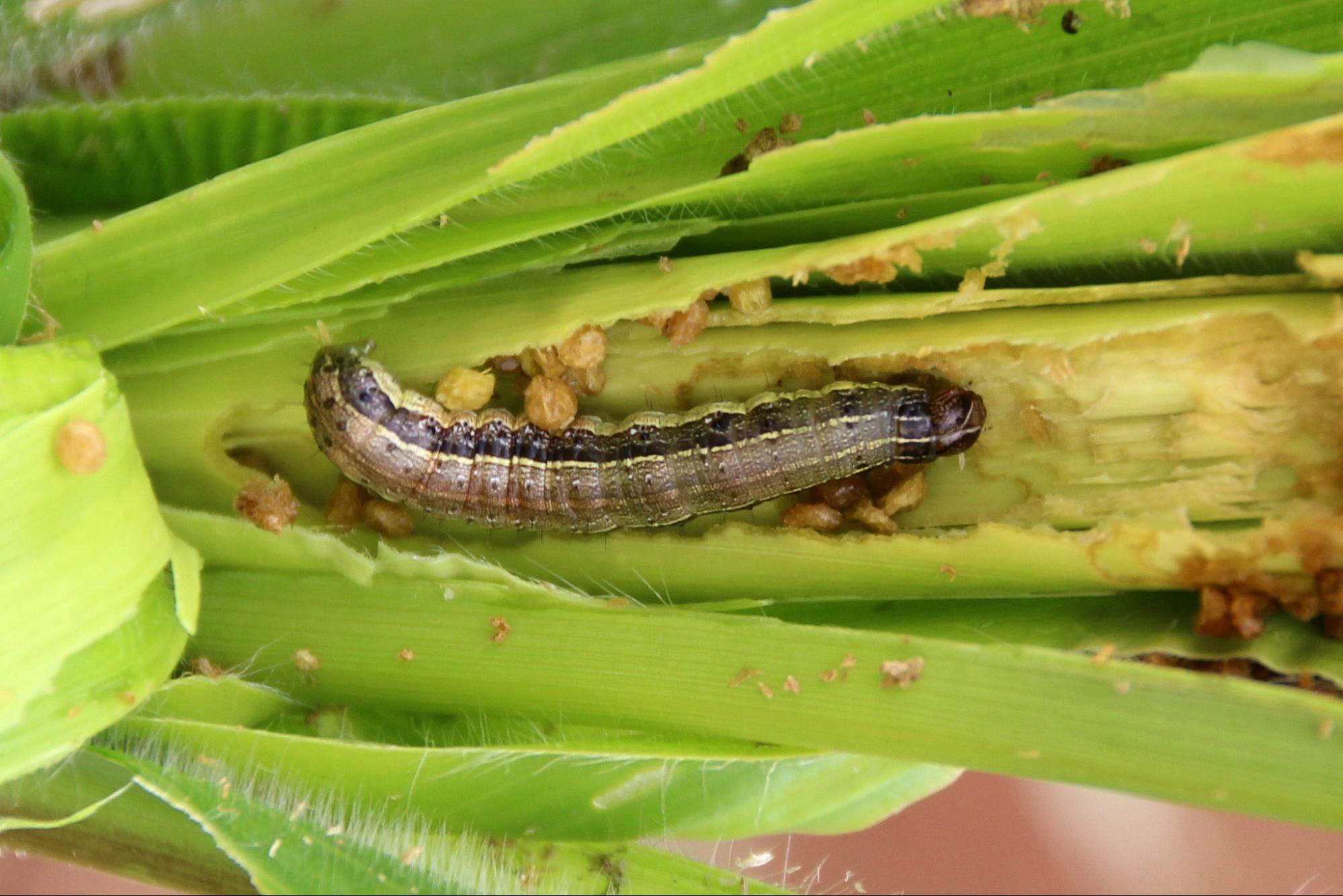Agriculture
Armyworm Attack
- 09 Apr 2020
- 3 min read
Why in News
The Directorate of Agriculture has reported an armyworm attack on the standing crops in the northeastern Dhemaji district of Assam.
Key Points
- The armyworm caterpillar is the larval stage of several species of moths.
- It has a huge appetite and can feed on more than 80 species of plants according to the entomologists.
- Entomology is a branch of zoology which involves the scientific study of insects.
- Challenges:
- The weather is a factor because there are no pre-monsoon rains in Assam yet and the temperature is very high now. The armyworm can cause more damage in the absence of rain.
- Another major issue is reaching out to farmers. All the roads and gaps have been blocked due to the fear of contracting coronavirus.
- Other Concerns:
- Officials are afraid of the winter crop cycle getting affected if the lockdown continues beyond 14th April, 2020.
- April-May is the time when paddy farmers in Assam clear weeds and manure the fields for transplanting the seedlings of the winter crop from the nursery. The process takes 35-40 days.
- According to the farm experts, if the cycle is pushed back by more than a month it could impact yield because the sowing and maintenance phase of the crops would be very close to the flood timings of Assam.
- Officials are afraid of the winter crop cycle getting affected if the lockdown continues beyond 14th April, 2020.
Armyworm
- Its scientific name is Spodoptera frugiperda and also commonly referred as Fall Armyworm (FAW).
- It is a dangerous transboundary insect with a high potential to spread rapidly due to its natural distribution capacity and opportunities presented by international trade.
- FAW represents a real threat to food security and livelihoods of millions of smallholder farmers by spreading across all of sub-Saharan Africa, the Near East and Asia.
- Control and Elimination:
- Farmers need significant support to manage FAW sustainably in their cropping systems through Integrated Pest Management (IPM) activities.
- FAW cannot be eliminated.
- The Food and Agriculture Organisation (FAO) has launched a Global Action for FAW Control as a response to the international threat posed by the armyworms.




